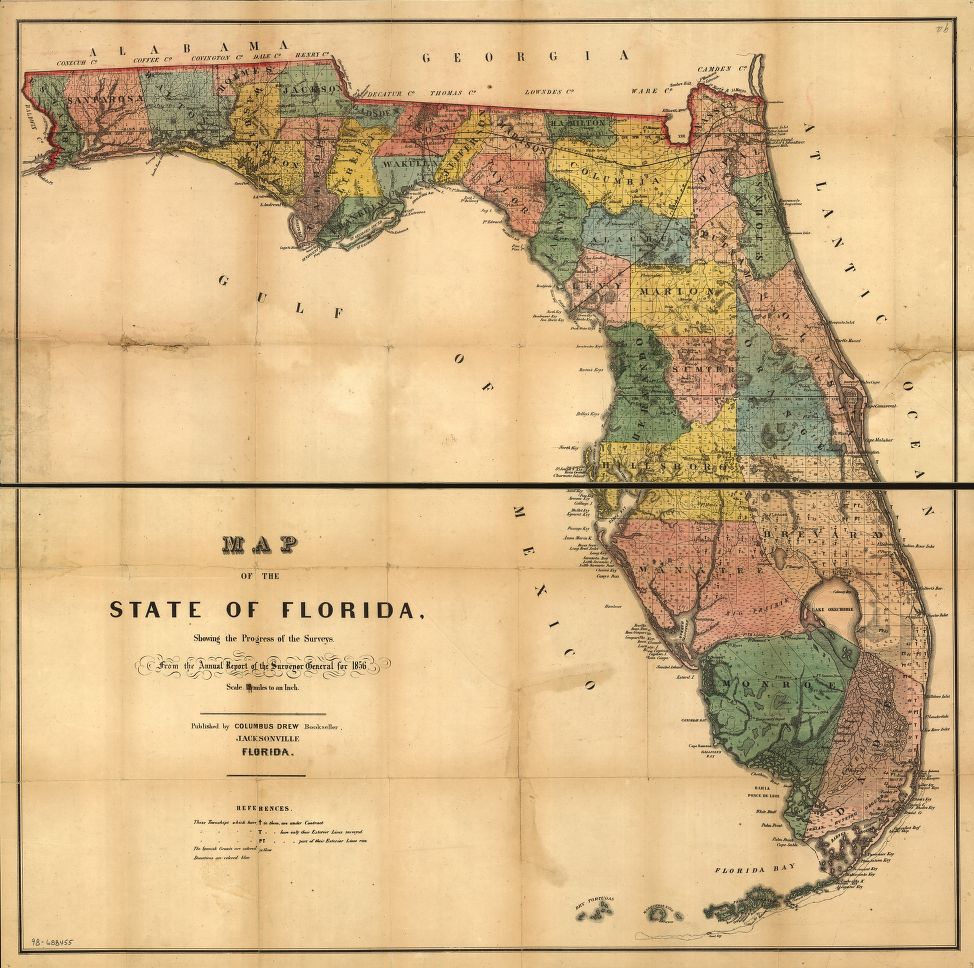In the past, we’ve reminded attorneys that they shouldn’t neglect Bing in their online marketing efforts. While Google remains the dominant search engine in America, Bing still processes millions of searches, every day.
Perhaps more importantly, though, Bing is used by a certain demographics that you might want to target with your marketing material.
The Unique Popularity of Bing
Even though Bing is widely criticized as an inferior copycat to Google, millions of people still use it. Whether they truly choose to use Bing, though, opens the can of worms that is the definition of “intent.”
Bing, together with its maker, Microsoft, is a classic example of bloatware: It comes preinstalled programs on computers and smartphones, and designated as the device’s default browser. If you want to use Google, instead, you have to actively change your settings or uninstall Bing.
Many of the people who use Bing, today, are not tech savvy enough to make those changes, not internet aware enough to notice much of a difference, when they search online, or care enough to spend the time it takes to get rid of bloatware on their device.
Are These People Your Targeted Clients?
Ignore the implications of bloatware, for a minute, and focus less on issue spotting and more on getting the word of your firm in front of the people who are most likely to hire your lawyers. Are your ideal clients:
- Older
- Wealthier
- Married or divorced
- Have children
If they are, then Bing is where they tend to congregate, according to the numbers that Bing provides about its userbase.
Bing’s Users Tend to be Older
Bing’s data about its users include this surprising element:
How can such a uniform statistic reveal anything surprising? Because when you consider the fact that not all demographics use the internet, you realize that the percentage of Bing users that are above the age of 55—nearly one in three of Bing’s audience—is exceptional.
Other Factors Fall in Line
With age comes a lot of other pieces of information that you can use to better target your law firm’s online marketing.
Because older people are more advanced in their careers, they are more likely to have a higher income. While the median household income in the U.S. is $59,000, Bing claims that 38% of its users come from households that make a six figure income.
Also with age comes a higher probability that a Bing user has a family and children, and Bing reports that 43% of its userbase is currently married, while 69% have been married at some point in their lives.
Even where Bing’s users live speaks to their age: The most popular region of the U.S. for Bing is the South Atlantic, with 21% of the search engine’s userbase living there.

The Types of Firms that Should Focus on Bing
With this in mind, there are some law firms that should shift some of their online marketing time and money to Bing.
Estate planning firms and wills and trusts attorneys should seriously consider it. While firms like these that rely more on the older generation for their clients might want to keep more of their marketing budget in traditional media, a significant chunk of the online expenses should be geared towards Bing, rather than Google.
Additionally, where your firm is located should also be a factor. Only 5% of Bing’s userbase lives in New England, despite the high population in those states. If most of your attorneys called out sick today because the Sox won, then Bing might not be for you.